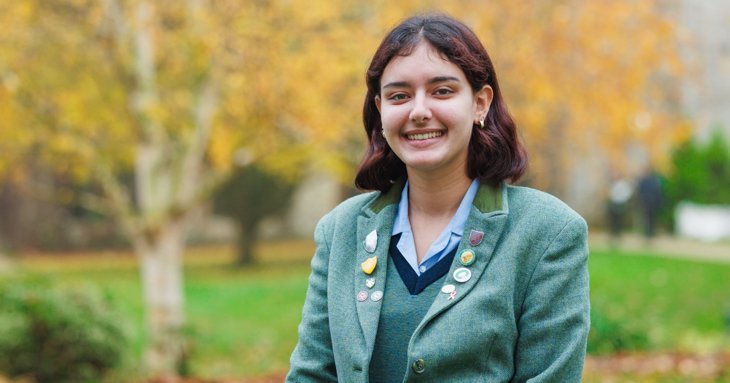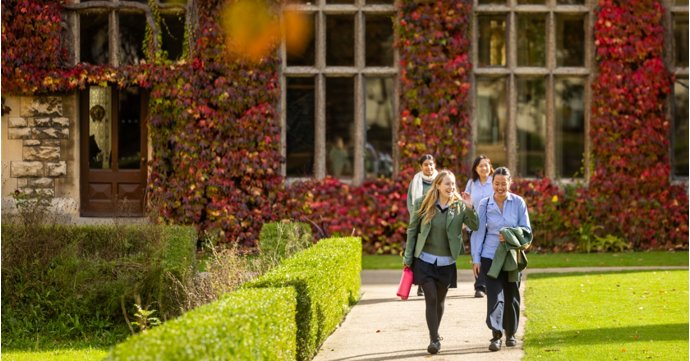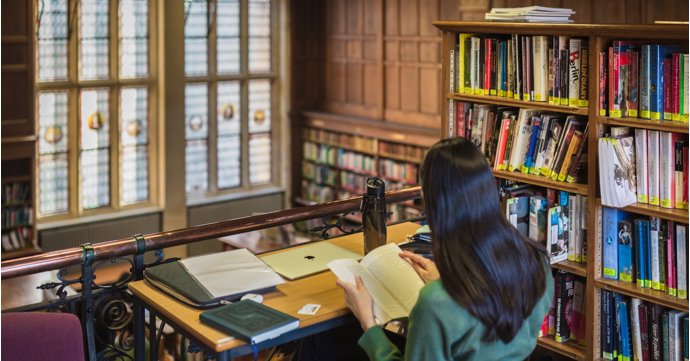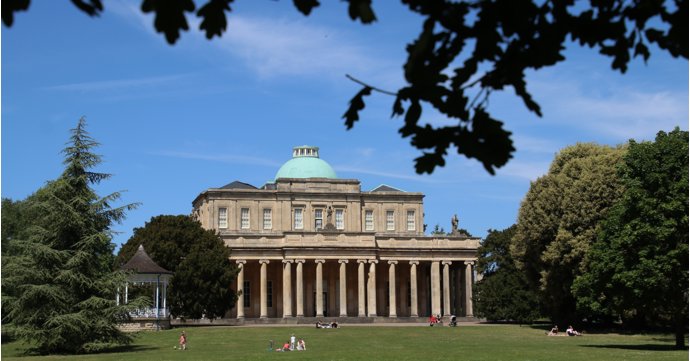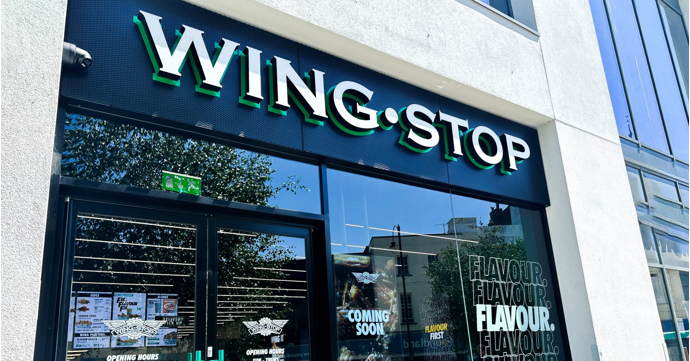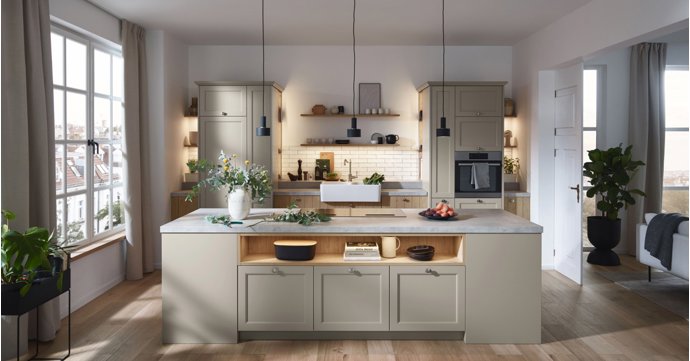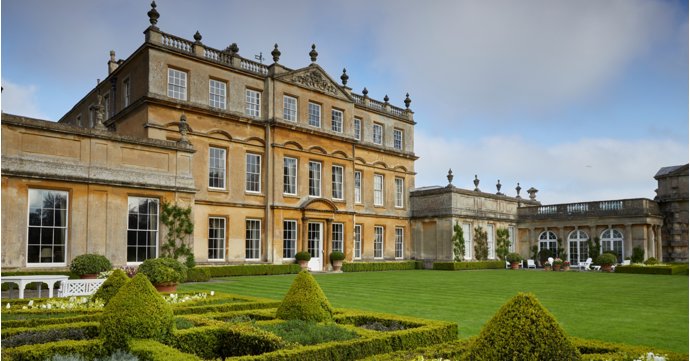Promising to give learners a well-rounded education that prepares them for life by building their critical thinking skills and nurturing their ability to solve complex problems, the International Baccalaureate (IB) is growing in popularity with students.
SoGlos speaks to an IB student from Cheltenham Ladies' College about why she chose the International Baccalaureate instead of traditional A Levels - and what it's like to study at the prestigious independent school.
About the student - Maia from Cheltenham Ladies' College
Maia is a Sixth Form student working towards her International Baccalaureate at Cheltenham Ladies' College, studying a variety of higher and standard level subjects including maths, English and modern languages.
Cheltenham Ladies' College is Gloucestershire's highest performing independent school, welcoming girls aged 11 to 18 to its diverse community on a day or boarding basis.
Why did you choose to study the International Baccalaureate?
The International Baccalaureate is encouraged and supported at Cheltenham Ladies' College, so for me it wasn’t much of a decision as I knew I wanted to be challenged and get more out of my time in Sixth Form. When choosing IB subjects, you have to take maths, English, a language, a science and a humanity, so I loved the breadth and I thought it was valuable to maintain my maths, English and language skills past GCSE, where I may not have taken these as standalone A Levels, had I picked the latter route through Years 12 to 13.
What subjects are you studying as part of your IB?
I chose to take higher level Spanish, history and biology; and standard level maths (AI), English and philosophy. You have to take three subjects at higher level and three at standard level to provide depth and breadth in the diploma.
How does the IB differ from A Levels?
As well as six subjects, the core of the program is made up of the extended essay, a 4000-word piece of writing in one of your subject areas; Theory of Knowledge (TOK), a study into what we know and how we know it; and Creativity, Activity and Service (CAS).
With CAS, every student must participate in activities outside of the classroom that align with creativity, activity and service. For example, for creativity, I took up crochet, I am a college prefect and enjoy attending various clubs after school. For activity, I represent my school at netball and started roller-skating; and for service, I volunteer at a local primary school once a week.
It’s really the core components that set the IB apart from A Levels. They all contribute to the overall IB Learner Profile that is essentially the heart and soul of the programme. It also ensures the individual is honing their co-curricular skills, in tandem with their academics, which I feel is the main difference to A Levels.
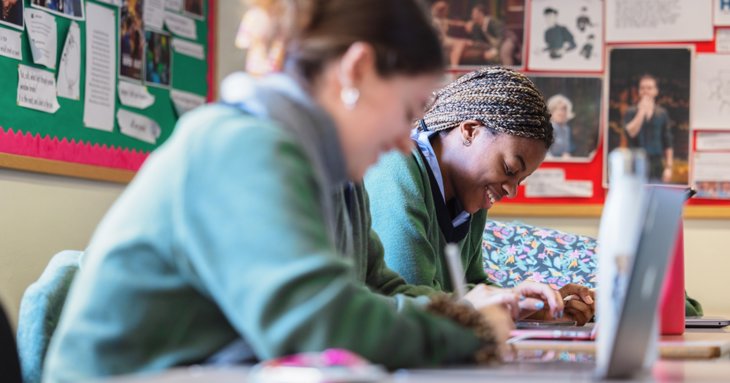
What made you want to study the IB at Cheltenham Ladies’ College?
CLC encourages the soft skills the IB instils in its students, and the learner you will be at the end of the two years. It makes you reflect on the kind of person you’ll becomes after Sixth Form in all responsibilities you may face in later life, with some of these qualities including being principled, open-minded, balanced, reflective and caring risk-takers.
IB teachers are aware of these traits and incorporate them into our lessons. For example, we are encouraged to be balanced and open-minded when debating different viewpoints in class, and to be risk-takers by diving into new and unfamiliar ideas.
Where do you hope your IB will take you in the future?
Through the extended essay, I have had to fully plan, research and write a 4000-word essay, which was something I had never done before to that extent. I hope that at university I will now be more equipped and comfortable writing papers and essays for my course.
I like to think that the Theory of Knowledge (TOK) programme enables me to notice and question things in my life around me. Every year at CLC we hold a TOK exhibition, where each student chooses three real world objects and discusses their significance to them personally. I took objects that I use daily, or take for granted, and it helped me to fully appreciate their meaning and purpose in the context of the modern world. For example, I wrote about some crochet hand warmers that I made and use daily; Microsoft Teams; and a cartoon I saw in my Spanish lesson that I found very intriguing.
What advice would you give to other students considering studying the IB at CLC?
I would say that initially the thought of studying six subjects as well as the core programme means that the IB tends to sound like an overwhelming amount of work, and there are certainly times when that feels true. However, I always keep in mind this line: if it were truly impossible, it wouldn’t be offered. Stay positive, be organised, keep on top of your work and meet deadlines as they come, and you will fly through the two years. The IB may not appeal to everyone, but it is brilliant preparation for university and work, and if you want an all-round and diverse education, rather than a deep dive into a few select subjects, it may be perfect for you.


